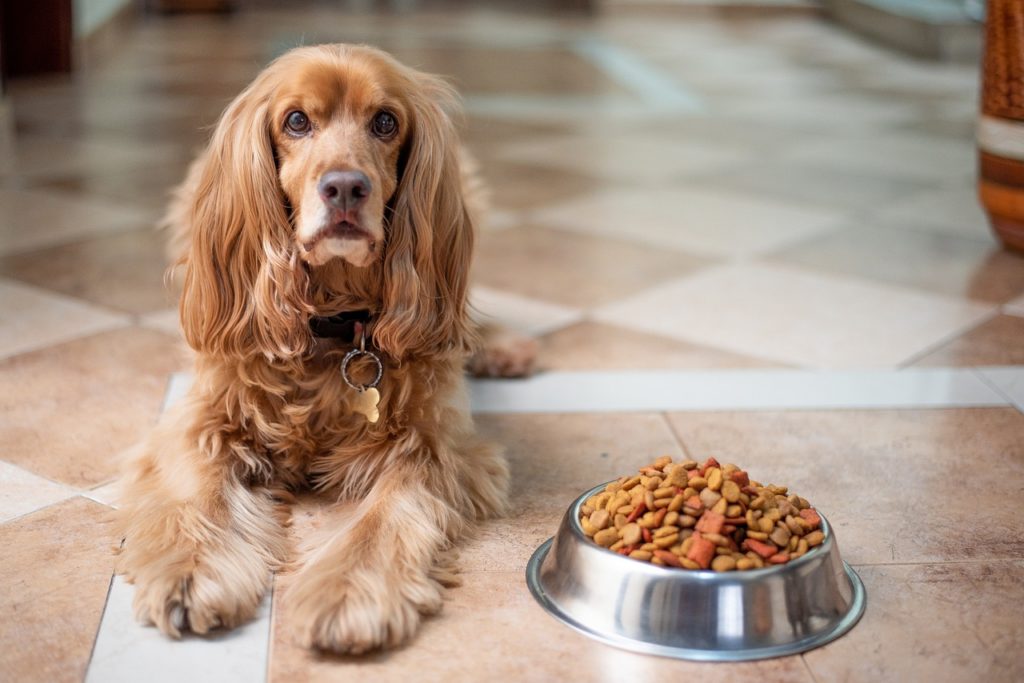People love their pets. Having a canine companion by your side can give comfort and friendship and fits perfectly in a family. They are always ready to go for a walk or relax in the backyard, soaking up the sun by your side. While they are always eager to eat, your dog may be particular about what is in his bowl. If your dog is a picky eater you are not alone. Many people have to deal with this issue. Fortunately, there are solutions. For more info on keeping your pet happy & healthy – www.thepetfreak.com
Having a dog that’s a picky eater doesn’t need stump you. The trick is to convince your dog to love their regular food or encourage them to discover a new favorite. With time and patience, you will get your hungry yet happy pet eating away again!
Let’s go over six different ways to help picky dogs eat food:
Improve the dog’s diet
Sometimes, your dog just wants better food. We can understand that because we wouldn’t want to eat the same crumbles day after day. Try changing things up and see how your pet responds. Ask questions at the pet store and read labels to find food that is higher quality and tastier.
Better yet, switch to raw dog food. Commercially processed dog food may not be the best diet for pets. Instead, companies like Just Raw Pet Food make high-quality raw dog food, so get some for your pet to try out. Your dogs will love this cuisine because it is the ideal type of food for their biology. There are many benefits that go along with feeding your dog a raw diet. If your immediate goal is to get them to eat, this should work wonders.
Try human foods
If your dog isn’t interested in what you put out, you can always jazz it up a bit. Try some food toppers that you know they love like yogurt, fruit or fresh meat. Make sure it’s a healthy addition and one you know they enjoy. You can also add some chicken or beef broth to dry food. It gives a flavour boost and something new with the old.
Don’t overfeed
It’s easy to get in the habit of overfeeding your pet. They love to eat and while some pets can regulate their bowl of food, your dog may eat whatever is put in front of them. And after a while, they too can get food fatigue.
If you notice your pets not eating their food, it could just be that they have been overindulging and can’t do it anymore. Cut down their portion size and see how that works over the next few days. Once their digestive system catches up, they should go for the food again. Then slowly scale up their amount as required.
Take away food
If your dog is not eating their food and it is fresh and healthy for them, you may have to play some hardball. This isn’t about starving your pet. Instead, it’s about restricting their food by skipping a meal they aren’t eating anyway.
Serve them their regular food and let them have a chance to eat it. If they turn their nose up, remove it and don’t offer them anything else until the next mealtime. Your dog can go several days without food, so missing a meal won’t hurt them. Try again with fresh food at their next regular mealtime and see if they go for it. Don’t worry, they will get hungry and eventually eat. Their regular food is better than nothing.
Rule out a health issue
Before you start trying different methods, you should take your dog to the vet for a check up. There are several issues that could be affecting mealtime and it’s worth it to rule them out first. Your pet may have mouth-related pain and eating could cause pain in his gums or teeth.
Your veterinarian can usually diagnose any medical issue affecting your dog’s appetite or their ability to chew and swallow. You don’t want your best friend in pain. If there is a health concern related to them not eating, you can take care of it. They may also have developed a food sensitivity or allergy. Your vet can help diagnose this as well and recommend a better brand of food for them.
Keep stress down
Stress plays a large role in our lives, but also the lives of our pets. If your dog isn’t eating, it may be caused by stress. Animals love routine and they depend on it. Any alterations in when you go for walks or your work schedule can impact their emotional state and have long-lasting effects.
If your life schedule has changed or you recently moved, spend some extra time with your dog. Don’t expect them to fall in line with your life; they need time to acclimate. Allow them to make any new changes slowly and give them the extra attention they need.
